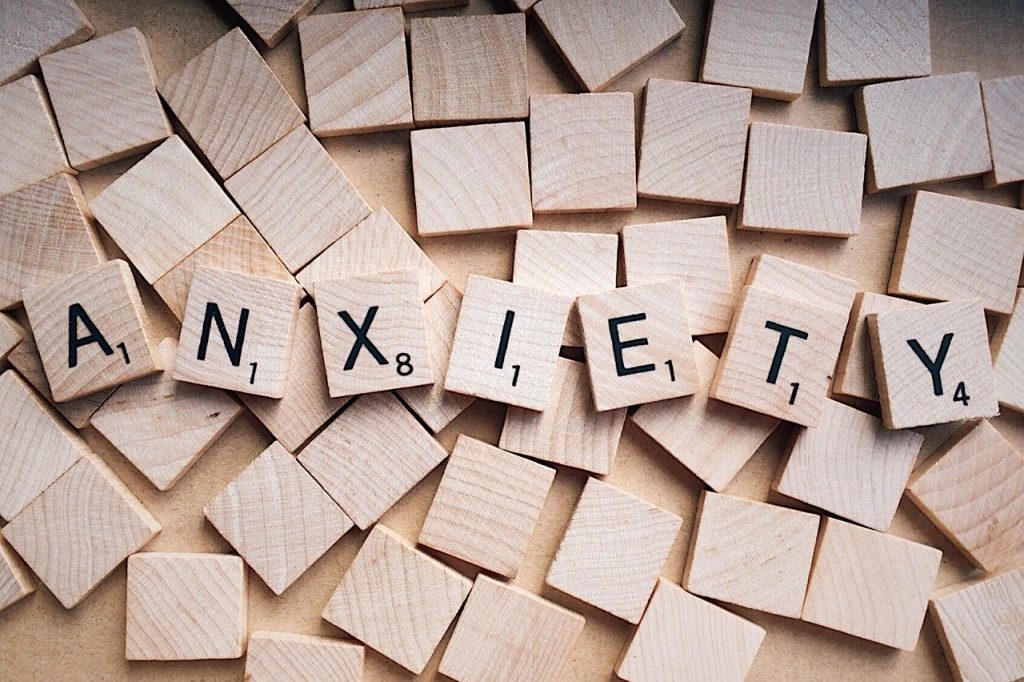Overcoming Anxiety
A SURVIVAL MECHANISM OUT OF PLACE IN THE MODERN WORLD
Anxiety is like an alarm clock in your mind that refuses to turn off.
Day after day it alerts you, directing your attention and energy to a threat, either real or perceived, that you just cannot seem to overcome. You may be able to understand that your stressor doesn’t require the energy that your anxiety is sapping from you, but it doesn’t make a difference. If left unchecked, it will continue to blare in the background of your life, turning your own mind against you, and defeating you before you can procure a rational solution.
Some people become so adept at living in a constant state of worry that they view it as just another part of life. They cannot accept that there is a better way to live. As a result they allow their worries to fester until they become a serious problem. While most everyone will feel anxiety to some degree, it does not have to be a debilitating albatross that drains your lifeforce like a leech.
Fear Vs. Anxiety
Distinguishing between fear and anxiety is difficult, as the two are deeply intertwined. While fear is a response to a threat, real or perceived, just as anxiety is, fear is a short term reaction to a direct and observable stimulus, while anxiety is the accumulation of many unrelenting fears that are difficult to resolve. For example, one may fear a specific upcoming public speaking event. However, if the thought of public speaking in general makes your spine tingle with dread, then anxiety is the culprit. Fear will often go away on its own once removed from the stimulus, but anxiety lingers long after the stressor is removed and must be faced with direct action to reduce its severity.
Overcoming Fear
The Symptoms
There are many different causes that can be responsible for anxiety. They can be, but are not limited to, raising children, financial troubles, fear of confrontation, addiction, and career strains. Symptoms include restlessness, irritability, increased heart and breathing rate, sweating, difficulty sleeping, upset stomach and bowls, tense muscles, irregular diet (including eating too much or too little), dry mouth, and dizziness. If allowed to escalate, these symptoms can quickly lead to a panic attack. When this occurs a full breakdown ensues wherein the victim’s body is disabled by a multitude of the symptoms listed above. The mind races, struggling to produce rational thoughts as its anxiety swells.
Managing Anxiety
While some anxieties will never completely go away, it is possible to manage them. Dr. Amy Jacobsen of the Anxiety and Depression Association of America, a practicing psychologist, recommends two methods to overcome anxiety. According to Dr. Jacobsen, anxiety tolerance works much like any muscle in the body. One should begin with a small “weight” such as dread over being late to a meeting and focus on that. Allow yourself to face the full weight of your panic and focus on it until it diminishes in severity. After smaller stressors are manageable, move onto greater threats, until they too begin to wane.
Another exercise Dr. Jacobsen recommends is externalizing anxiety. Viewing your anxiety as a separate entity is helpful as you can begin to see that your suffering is not an all encompassing aspect of your being. Dr. Jacobsen recommends viewing your anxiety in one of two ways. Either as an opponent trying to trick them to undermine their success. Or as a sheepish side kick, trying too hard to find dangers in the world.
Taking Time to Recover
Anxiety is often times a daily struggle, but it does not define who a person is. It can feel like an anchor that refuses to rise when the captain is trying to set sail. You may grow frustrated as your speeding ship struggles against the weight of this anchor. But remember, struggling madly against the weight is not the answer. This will only serve to tire you, taking energy that you need for other aspects of life. The solution to an anchor that strains to rise is not to sail on anyways. Instead, focus on getting your anchor back on the boat, even if it means taking some time to rest stationary.
In any case where a mental illness is present, it can quickly become much too great of a burden to bare. If you are feeling helpless to your anxiety or you have not had success with home remedies, the best option is always to seek professional help from a licensed practitioner. Coach Ross serves as just such a professional, helping many people overcome anxieties in the realm of marriage and child care.
Sources:
https://www.mentalhealth.org.uk/publications/overcome-fear-anxiety
https://www.health.harvard.edu/mind-and-mood/overcoming-anxiety



